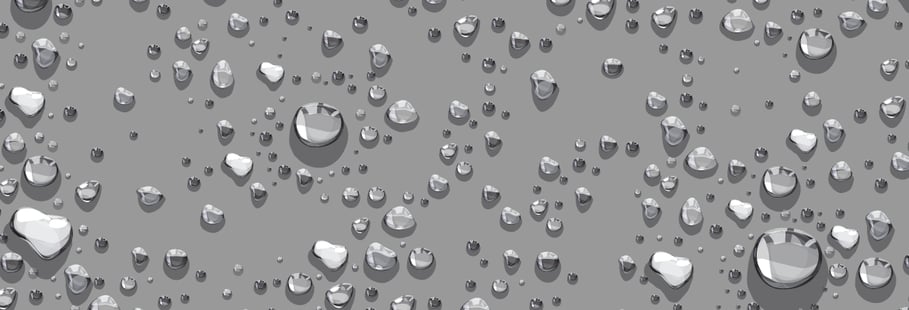Climatic conditions during application have a significant impact on the performance of industrial coatings and surface protection. Environmental factors such as temperature, humidity, and dew point play a critical role in industrial coating application and curing. In this blog, we will discuss why climatic conditions are so important for industrial coatings and surface protection, and how they can affect the coating's performance.

Temperature:
Temperature is one of the most critical factors in industrial coating application and curing. The temperature can affect the viscosity, pot life, and cure time of the coating. When the temperature is too low, the coating's viscosity increases, making it more challenging to apply. On the other hand, when the temperature is too high, the coating may dry too quickly, resulting in an uneven application. Therefore, it is essential to ensure that the temperature is within the range specified by the coating manufacturer to achieve optimal coating performance.
Humidity:
Humidity is another critical factor in industrial coating application and curing. High humidity levels can cause coating to insufficiently dry and trap solvent within the coating leaving air pockets. Low humidity levels can cause traditional coatings to dry too quickly, resulting in an uneven finish. Therefore, it is crucial to ensure that the humidity level is within the range specified by the coating manufacturer to achieve optimal coating performance. This is where MetaLine coatings thrive. Unlike traditional surface protections that rely on the evaporation of a solvent which is very humidity dependent, MetaLine’s 700 series cures by exothermic reaction so can be applied if there is virtually any humidity.
The Dew point:
So, what is the dew point? The dew point is the temperature where air is no longer capable of holding the water vapor that is contained within it. At the dew point temperature, water vapor condenses into liquid water. This can be an issue for coating application as if water is forming on the surface of the substrate, you will be unable to achieve a good adhesion.
In conclusion, climatic conditions are critical for coating performance. Temperature, humidity, and Dew point can all affect the coating's application, curing, and protective properties. Coatings professionals should pay close attention to climatic conditions during surface preparation, coating application, and curing to ensure that the coating system provides the best possible performance and protection. By considering these factors, coatings professionals can ensure that the coatings perform well and provide the intended benefits to the end-user.
At Global Pumps, we understand the importance of proper coating performance and surface protection. If you're experiencing challenges with your coating application due to climatic conditions, our team of experts is here to help. Contact us today, we're available from 7 AM to 5 PM Adelaide time in Australia.

